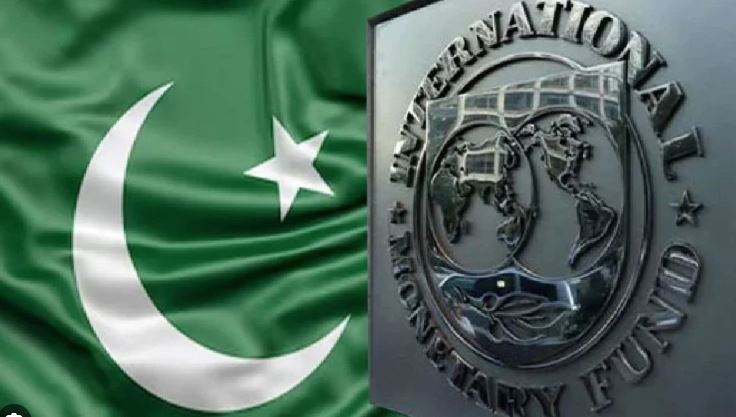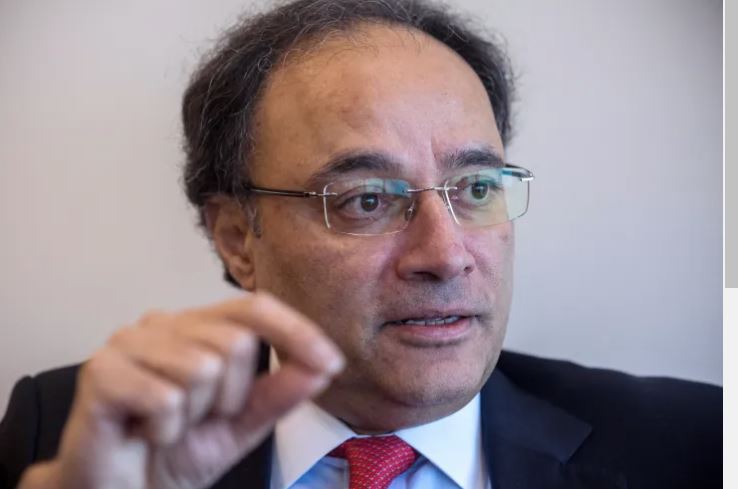Analysts welcomed the decision, they warned
that the country must pursue structural
reforms for long-term stability
News Desk

New York: The International Monetary Fund (IMF) approved a $7 billion loan for Pakistan, aiming to stabilize the struggling economy. Analysts welcomed the move but emphasized the need for reforms to ensure long-term stability.
Prime Minister Shehbaz Sharif’s Response
Prime Minister Shehbaz Sharif, speaking at the UN General Assembly, praised the IMF decision and reaffirmed the government’s commitment to implementing the required reforms. He expressed hope that this would mark “Pakistan’s last IMF programme.”
The approval followed a July staff-level agreement for a 37-month loan, though delays in finalizing it had caused market uncertainty.

Government to Revisit NFC Award
Finance Minister Muhammad Aurangzeb announced the government’s intention to review the National Finance Commission (NFC) Award, which governs revenue distribution between the federal government and provinces. This revision comes in response to the devolution of responsibilities under the 18th Amendment.
Aurangzeb stressed the importance of integrating sectors like agriculture and real estate into the national tax system. He has already begun discussions with provincial governments to address this.
Economic Challenges and Political Consensus
The IMF loan offers short-term relief, but experts argue that Pakistan needs structural reforms to secure long-term stability. Economic analyst Uzair Younus noted that while the loan provides space for the government, it must implement reforms to improve debt sustainability.
Sajid Amin Javed from the Sustainable Development Policy Institute warned that relying on expensive borrowing does not offer a sustainable solution. He highlighted the need for political stability and consensus around crucial reforms, such as raising taxes and adjusting energy tariffs.

NFC Award Negotiations
Aurangzeb emphasized the government’s readiness to renegotiate the NFC Award with provincial governments. Since the 18th Amendment, many sectors remain outside the tax net. However, Sindh’s Chief Minister has already stated that the provinces’ share in the NFC Award cannot be reduced, signaling tough negotiations ahead.
Economic Struggles and Future Path
Pakistan has faced severe economic challenges in recent years. Inflation soared to 38% in 2023, while foreign reserves plummeted to $3 billion. By August 2024, inflation had eased to 9.6%, thanks to global fuel price reductions and stabilization efforts.
Despite these short-term gains, economists like Ali Hasanain from Lahore University warn that Pakistan must address deeper structural problems. Without these reforms, the country risks falling back into economic crisis.
Government Eyes Larger IMF Loan
In addition to the $7 billion loan, Pakistan is negotiating a larger bailout with the IMF. Finance Minister Aurangzeb ruled out significant rupee devaluation, citing strong reserves, stable currency, and growing exports.
During his visit to Washington, Aurangzeb highlighted plans to boost industries like agriculture and IT to promote long-term economic growth.
Conclusion
While the IMF loan provides temporary relief, Pakistan must implement critical reforms, including a revision of the NFC Award. The success of the programme depends on political unity and cooperation across the provinces.






















